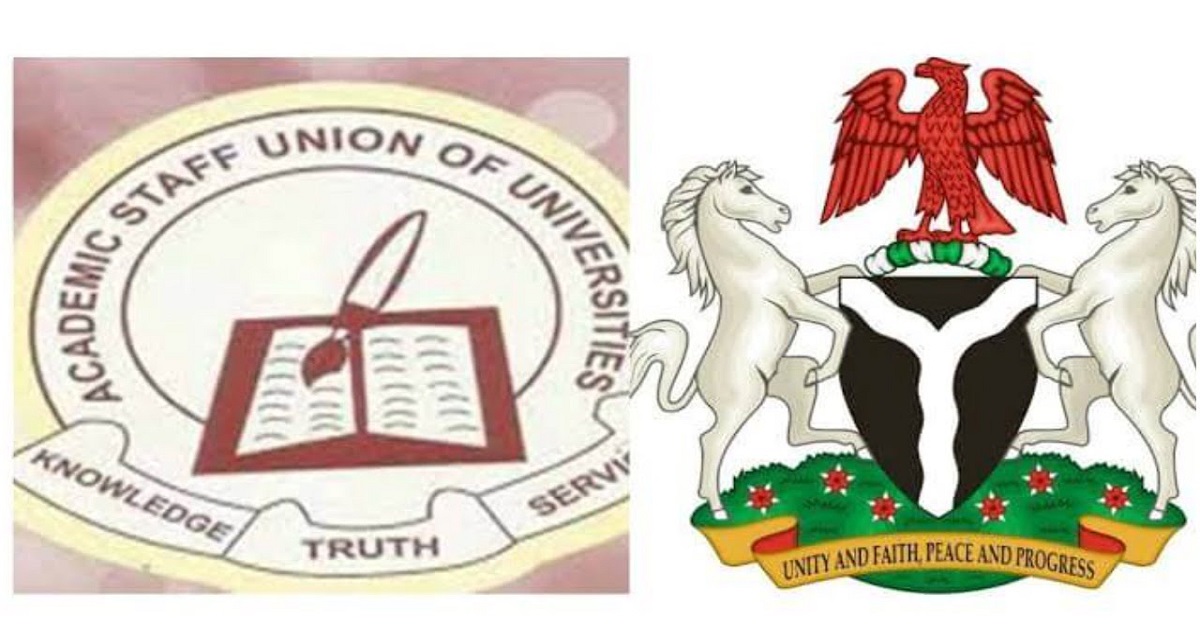The Academic Staff Union of Universities (ASUU) has been at loggerheads with the Federal Government of Nigeria through the years. Currently, ASUU is on strike which commenced since 14 February 2022. Strike actions have been ASUU’s weapon to draw the attention of the Government to its agitations.
In view of the breakdown of negotiations and following the refusal of ASUU to call off the strike, the Federal Government of Nigeria dragged ASUU to the National Industrial Court (NIC). From the reports, there is no evidence that the Federal Government approached the Industrial Arbitration Panel (IAP) before commencing the suit. The IAP is a quasi-judicial Agency of the Federal Government of Nigeria under the supervision of Federal Ministry of Labour and Employment.
On 21 September 2022, the NIC ordered ASUU to call off its ongoing nationwide strike pending the determination of the substantive suit. The order made by the NIC, per Hon. Justice Polycarp Hamman, was based on an interlocutory application by the Federal Government for an interlocutory order compelling ASUU to call off the strike. From the reports, ASUU is set to appeal the ruling and seek for an order of stay of execution.
While suing ASUU in the first place was the least expected of the Federal Government, granting the Federal Government’s interlocutory motion by directing ASUU to call off the strike appears to make the NIC “complicit” in the current crisis. The Court seems to have been persuaded by the argument of the Federal Government that making the Order was of great national interest considering that the strike has lingered for too long (over 7 months).
The principles governing the grant of an interlocutory injunction have not changed. One of them is that an application for interlocutory injunction must be refused if granting the injunction is as good as determining the substantive suit. Where this is the case, an order for accelerated hearing of the suit ought to be made instead of an order of injunction. The extant Order of the NIC effectively favours the Federal Government in that the ultimate wish of the Federal Government for approaching the Court in the first place was for the strike to be called off; nothing more.
Beyond this, courts of law jealously guard the jurisdiction, powers and integrity of the court. This is the reason courts are mindful not to make orders that are not precisely capable of being obeyed or meaningfully enforced. From all indications, the current ASUU controversy is not one that can be resolved through the judicial process and coercive powers of the court. Rather, the court must be seen to facilitate amicable settlement by directing parties to explore a mediation mechanism to be anchored by seasoned mediators. If parties approach mediation with an open mind and sincerity of purpose, the dispute will most likely be resolved.
No Work, No Pay?
While a resolution is being anticipated, perhaps one important issue remains whether or not the lecturers deserve to be paid their salaries for the period of the strike. To me, if the striking lecturers get paid, then can they really be said to have sacrificed anything for the struggle? Perhaps, the court should uphold the “no-work-no-pay principle” as no one should be paid for not working. The Federal Government may welcome this. The suspicion is that since Nigeria is in debt in the first place and the Federal Government cries of lack of funds, it was just enjoying the ASUU strike, believing confidently that it won’t have to pay for as long as the strike held.
But a shocker would have been for the court to order for a full 100% salary payment. This way, whenever ASUU strikes, the Federal Government will learn to resolve it as fast as possible, knowing they would still have to pay the lecturers for not working.
But where does justice and equity really lie? Perhaps this is the road to equity and justice: Since the strike was a strike in good faith and for legitimate purposes to which the Federal Government has ignored for long, some percentage of the lecturers’ salary may be paid, say 50%.
Again, what is the controversy all about?
The bone of contention is not mysterious. It is all about funding–poor funding of the public universities. ASUU is asking for an upward review of salaries for lecturers, among other issues. The follow up issue is the non-implementation or partial implementation of various agreements reached by the ASUU and the Federal Government. This has brought about distrust and lack of belief in the willingness of the Federal Government to hearken to the demands of ASUU.
Another offshoot of the issue is that while the Federal Government consistently blames lack of funds as the reason for not implementing the agreements, ASUU’s grievance is fuelled by records of wastage in the administration of government traceable to several sectors. To ASUU, the Federal Government does not appear to consider university education in Nigeria as a top priority. According to the ASUU President, Prof. Emmanuel Osodeke, ASUU was compelled to carry out the current action because ASUU has “experienced a lot of deceit of the highest level in the last five and half years as the Federal Government of Nigeria (FGN) engaged ASUU in fruitless and unending negotiation[s] without a display of utmost fidelity.”
The disposition of the Government tends to suggest that ASUU’s demands are being ignored, and considering that the children of most of our leaders in Government graduate frequently from foreign and private universities, this claim seems to find support.














